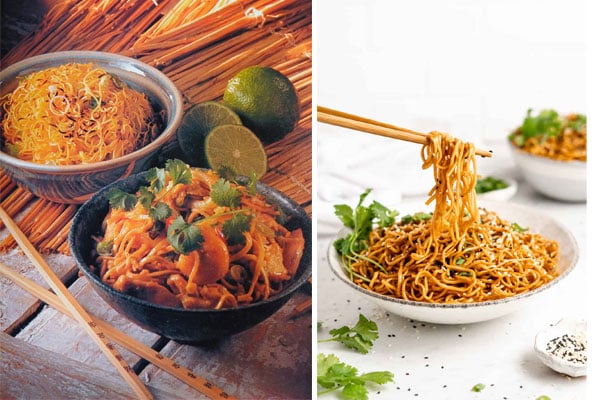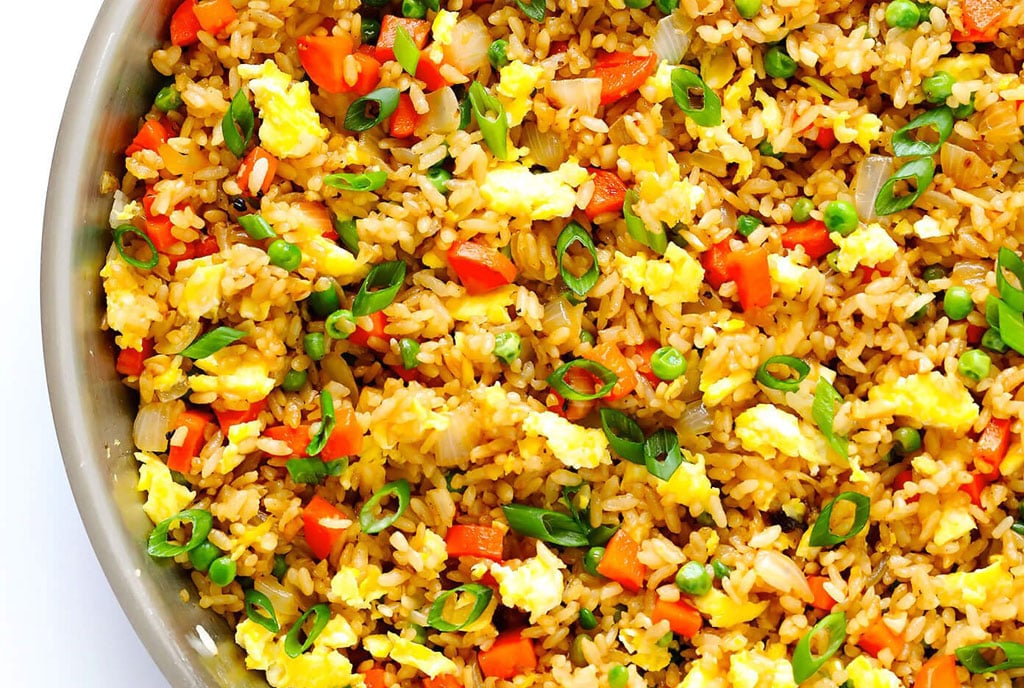
Ugandans have a propensity for celebrating in self-aggrandisement as manifested in the many high net worth luminaries who, out of left field, have miraculously, in many a case, having nary a sterling or recognisable academic background, overnight end up being addressed as Doctor as in Ph.D. even gets better when they are known to be generous benefactors in their place of worship, and thanks to their generosity, they are bestowed the title of Cannon, which means that their business cards reads as follows: Dr Canon John Doe.
On a lower scale, this affection of dubious titles has not escaped trickling down to the ranks of the professionals such as those in the culinary business, where titles of chefs and cooks freely interchange with abandon. In the professional kitchen such as the likes of CJ’s, The Serena Kampala Hotel to mention just two establishments, the unspoken pecking order non-negotiable and clad in concrete, a chef is the main man and number one in the kitchen.
The present day kitchen hierarchy system was first implemented by the legendary chef Georges Auguste Escoffier (1846 – 1935), to whom we credit for having come up with the present day kitchen hierarchy often referred to as the French Brigade System. For the first time, introduced standardised procedures as well as specialised roles and a strict chain of command. These practices made it easier for restaurants to maintain standards and consistency in their dishes.
It can be tricky to differentiate the two at times because the tasks and duties of chefs and cooks frequently intersect and overlap. Oftentimes, they even both wear the same chef’s whites. Still, the term “cook” certainly carries a less prestigious connotation than that of “chef,” but is there any merit to that assumed subtext? Concisely, just like in a ship, there can only be one captain, likewise the chef is the overall in charge, while the cooks are the crew members.
Who is a cook?
“Cook” is itself an umbrella term for a myriad of different positions within the professional kitchen setting. There are line cooks who are trusted with operating a certain station and preparing a specific type of food, porters, who handle ingredient prep and cleaning, commis -line cooks in training, and up-and-coming stagiaires- interns fresh out of culinary school).
Chefs are culinary specialists who know what to do without having to receive instructions and are comfortable (and may even thrive) in the intense, fast-moving professional kitchen environment. They are good at problem-solving under high pressure, can jump into any position when needed, are capable of teaching new hires any role, and probably have the menu memorised, too, even if the whole thing just changed last week.
Like cooks, the “chef” title also refers to an array of different positions viz. executive chef (the top of the pyramid who does it all, as well as administrative work.) Chef de cuisine (the head chef who runs the kitchen from day to day), sous chef (under the Chef de Cuisine, the “deputy” of the kitchen who keeps it all running smoothly on the floor), and chef de partie (chefs who master a particular station). These chefs can be specialised sauciers (sauce), patissiers (desserts), poissonier (fish), rotisseurs (meats) and more.
Chefs also oversee products to ensure that cooks are maintaining consistency between dishes. They have developed palates that took time, experience, and training to hone. Chefs are the artists and visionaries behind the food, juggling industry insights and connections. The concepts they create largely determine the restaurant’s reputation and image. The primary factor that separates a chef from a cook is the chef’s leadership role.
The Culinary Lab Cooking School offers a straightforward, pedagogical definition: “A chef is trained to understand flavours, cooking techniques, create recipes from scratch with fresh ingredients, and have a high level of responsibility within a kitchen. A cook on the other hand, follows established recipes to prepare food.” In other words, the cook knows the “what,” and the chef knows the “why.”

